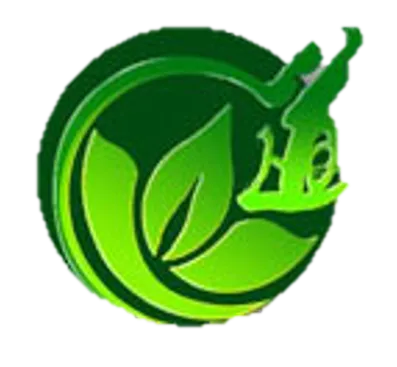Systemic lupus erythematosus
Systemic Lupus Erythematosus (SLE) – A TCM Perspective
Balancing Yin and Yang, Cooling Blood, and Supporting Vital Qi
Systemic Lupus Erythematosus (SLE) is a complex, chronic autoimmune disorder characterized by multisystem inflammation, commonly affecting the skin, joints, kidneys, blood, and nervous system. In Western medicine, it is diagnosed through immune system markers and symptom clusters. In Traditional Chinese Medicine (TCM), however, SLE is not seen as a singular disease entity, but as a collection of internal disharmonies, primarily involving Heat in the Blood, Yin Deficiency, Qi stagnation, and Dampness.Rather than focusing on immunosuppression, TCM aims to treat the root imbalance, strengthen the body’s natural healing ability (Zheng Qi), and restore harmony between Yin and Yang, Qi and Blood, and organ systems—particularly the Liver, Kidney, Spleen, and Heart.
🔹 TCM View of Lupus
SLE falls under several classical TCM categories, including:
“Feng (Wind)” disorders – due to erratic symptom expression and migratory pain
“Re (Heat) in the Blood” – for symptoms such as rashes, fever, bleeding
“Yin Deficiency with Internal Heat” – from long-term depletion or constitutional weakness
“Qi and Blood Deficiency” – from chronic illness or autoimmune involvement
The disease is seen as a complex of Excess and Deficiency, often coexisting:
Excess Heat, Toxic Heat, or Blood Heat can attack the organs and tissues
Underlying Deficiency of Yin, Blood, or Qi fails to control or balance this pathogenic process
🔹 Common TCM Patterns in SLE
✅ Yin Deficiency with Internal Heat
Common in SLE patients with low-grade fevers, night sweats, and dry mouth.Symptoms: Malar rash, dry skin, heat in palms and soles, insomnia, thin rapid pulse, red tongue with scant coating
Treatment: Nourish Yin, clear Deficiency Heat
✅ Heat Toxins in the Blood
Seen in active flares, especially with skin lesions, joint pain, and systemic inflammation.Symptoms: Rashes, red or inflamed joints, oral ulcers, bleeding gums, dark urine, irritability
Treatment: Clear Toxic Heat, cool Blood, and resolve inflammation
✅ Spleen Qi Deficiency with Dampness
When digestion is weak, Phlegm and Dampness accumulate, impairing fluid metabolism and contributing to immune dysregulation.Symptoms: Fatigue, bloating, loose stools, puffy face or limbs, foggy mind, pale tongue with teeth marks
Treatment: Strengthen Spleen, transform Dampness
✅ Liver Qi Stagnation and Blood Stasis
Emotional distress, frustration, or trauma may contribute to Liver Qi blockage, which turns to Heat and disturbs Blood circulation.Symptoms: Joint pain, menstrual irregularities, irritability, dark or purplish skin tone, wiry or choppy pulse
Treatment: Soothe Liver, regulate Qi, move Blood
🔹 Additional TCM Therapies
Acupuncture: Used to regulate immune function, relieve pain, calm inflammation, and improve sleep and mood
Moxibustion: Helps in cases with Yang Deficiency or Cold-Damp accumulation
Dietary Therapy:Avoid spicy, greasy, alcohol, and overly warming foods
Emphasize cooling, nourishing foods (e.g., black sesame, goji berries, cooked greens, millet, seaweed in moderation)Stress management: Vital for stabilizing Liver Qi and preventing flares—qigong, tai chi, and mindfulness practices are encouraged
✅ Conclusion
From a Traditional Chinese Medicine perspective, Systemic Lupus Erythematosus is a reflection of deep internal disharmony—a combination of Yin deficiency, Heat in the Blood, Qi stagnation, and organ weakness. Rather than targeting the immune system alone, TCM uses a whole-person approach to reduce inflammation, regulate organ function, manage symptoms, and support long-term vitality.By addressing both the root and branches of the disease through custom herbal prescriptions, acupuncture, lifestyle guidance, and emotional regulation, TCM provides a gentle, sustainable, and integrative path for supporting individuals living with lupus.
